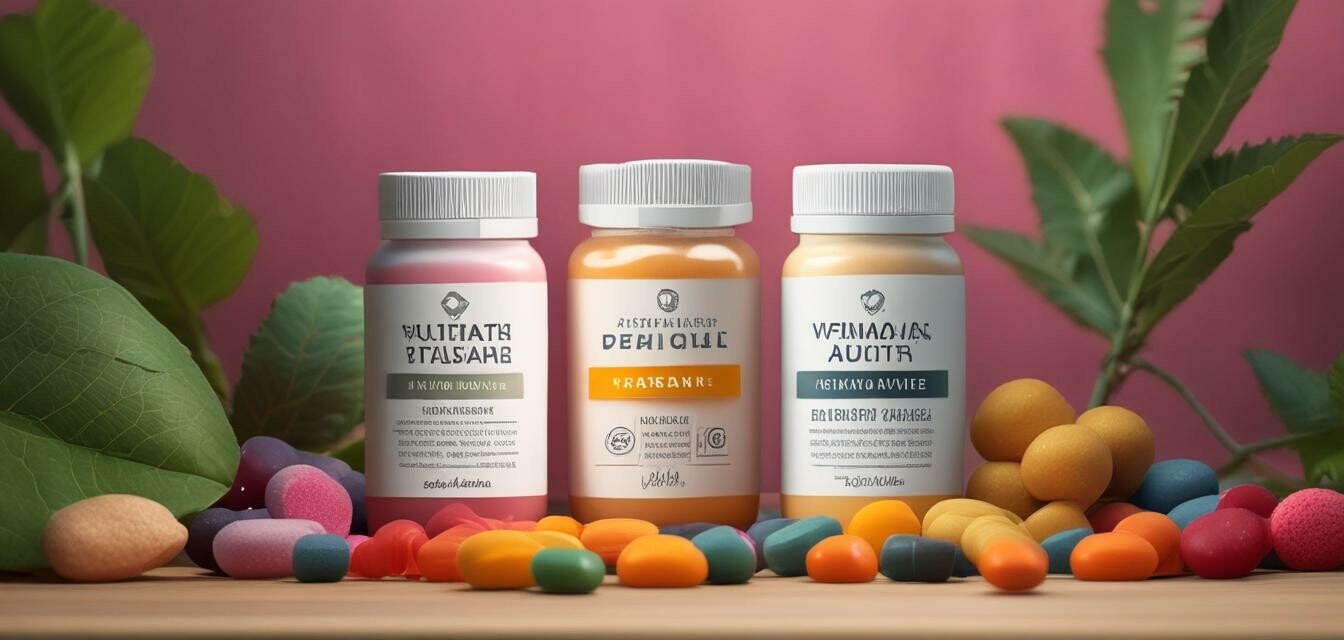
Trends in Vegan Prenatal Vitamins for 2025
Key Takeaways
- Vegan prenatal vitamins are gaining popularity among expecting mothers.
- These vitamins provide critical nutrients without animal-derived ingredients.
- Future trends indicate a focus on sustainable sourcing and enhanced nutrient absorption.
As the awareness of health and wellness grows, an increasing number of pregnant women are exploring vegan prenatal vitamins. These supplements cater to those who want to align their nutrition with their ethical beliefs while ensuring that they and their babies receive essential nutrients during pregnancy. Let’s dive into the trends for vegan prenatal vitamins expected to make waves by 2025.
The Rise of Vegan Prenatal Vitamins
Vegan prenatal vitamins are seeing a rise in demand, fueled by health-conscious consumers and those who prefer plant-based diets. These vitamins are crafted to meet the nutritional needs of both mothers and their babies without the use of animal products. Here are some reasons behind their popularity:
- Ethical considerations: Many expectant mothers choose vegan vitamins to avoid animal-derived ingredients.
- Sustainable sourcing: Brands are focusing on environmentally friendly ingredient sourcing.
- Enhanced formulations: Companies are innovating to improve absorption rates of essential nutrients.
Essential Nutrients in Vegan Prenatal Vitamins
Vegan prenatal vitamins aim to provide crucial nutrients that support both maternal health and fetal development. Below are the key nutrients typically included:
| Nutrient | Importance |
|---|---|
| Folic Acid | Crucial for fetal development, particularly in the early stages of pregnancy. |
| Iron | Supports increased blood volume and oxygen supply. |
| Calcium | Important for the baby's developing bones and teeth. |
| DHA | Essential omega-3 fatty acid for brain development. |
| Zinc | Supports the immune system and cellular growth. |
Trends Shaping Vegan Prenatal Vitamins in 2025
The landscape of vegan prenatal vitamins is evolving rapidly. Here are several emerging trends anticipated by 2025:
1. Personalized Nutrition
Advancements in technology are paving the way for personalized nutrition. Expect to see more brands offering customized prenatal vitamins based on individual health profiles and specific dietary needs.
2. Sustainable Packaging
With a strong shift towards sustainability, companies are likely to implement eco-friendly packaging solutions. This focus not only emphasizes branding but also caters to the eco-conscious consumer.
3. Plant-Based DHA Sources
As the awareness of omega-3 fatty acids increases, more vegan prenatal vitamins will incorporate plant-based DHA sourced from algae. This innovation ensures that mothers can get the benefits of DHA without compromise.
4. Transparency in Sourcing
Consumers now seek transparency regarding ingredient sourcing. Brands will increasingly disclose the origins of their ingredients and their production processes to build trust and credibility.
5. Enhanced Absorption Techniques
Innovations in nutrient delivery will lead to new formulations that maximize absorption. Expect ingredients like organic acids and prebiotics to become more prevalent in vegan prenatal vitamins.
How to Choose the Right Vegan Prenatal Vitamin
Selecting the right vegan prenatal vitamin can be daunting. Here are some tips to help guide your choice:
Beginner's Tips
- Check for certifications: Look for third-party testing and vegan certifications.
- Read ingredient labels: Make sure all ingredients are plant-based.
- Consider your dietary needs: Choose a vitamin that aligns with any specific dietary preferences or allergies.
- Consult your healthcare provider: Always discuss with a professional before starting any new supplement regimen.
Conclusion
The trends in vegan prenatal vitamins for 2025 reflect not only the growing demand for plant-based options but also the need for transparency and sustainability in the health industry. As more expecting mothers seek out these nutrients, the industry is likely to adapt and innovate continuously. Staying informed about the latest developments can empower expectant mothers to make the best choices for their health and that of their babies.
Pros
- Ethical and cruelty-free options.
- Sustainably sourced ingredients.
- Variety of formulations to meet diverse needs.
Cons
- May not be suitable for those with specific allergies.
- Vegan options might lack certain nutrients found in animal-based vitamins.
For further information on prenatal nutrition, be sure to check out our other articles in the Healthy Pregnancy Tips section.
Stay updated on emerging trends by following our News and Trends category.
